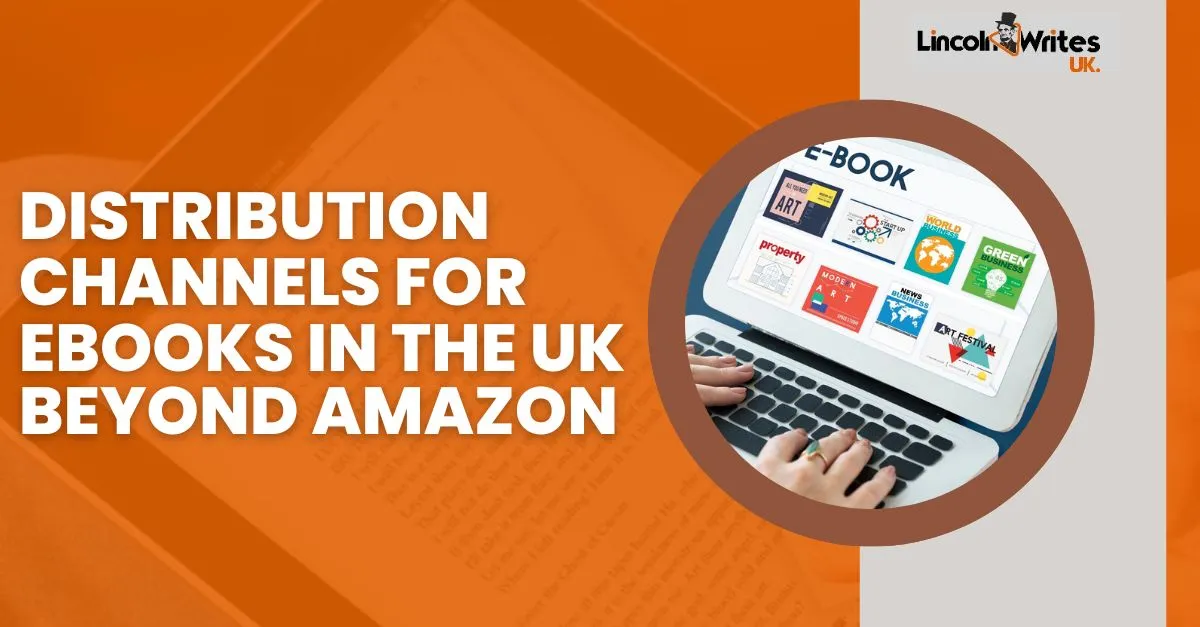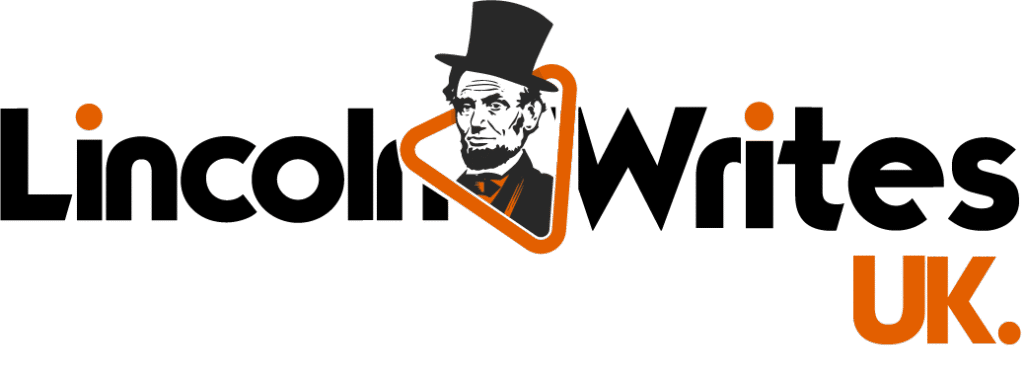If you’re self-publishing your book in the UK, chances are your first thought was Amazon. And why wouldn’t it be? Amazon’s Kindle Direct Publishing (KDP) dominates the ebook world. But if you’re serious about reaching more readers, expanding your earnings, and avoiding exclusivity traps, it’s time to think beyond the big A.
In this guide, we’ll explore the major ebook distribution channels UK beyond Amazon, what they offer, what they don’t, and how to make them work for your publishing strategy. Whether you’re launching a novel, releasing a guide through business leader ghostwriting, or handling niche content like memoir ghostwriting, this one’s for you.
Why Look Beyond Amazon?
Amazon may hold a huge chunk of the UK market, but it’s not the whole story. Here’s why exploring alternative platforms matters:
- Broader reach across global regions and niche audiences
- Higher royalty potential without exclusivity constraints
- Better visibility for authors lost in Amazon’s sea of titles
- Flexibility in pricing and promotions
- Control over rights and distribution models is especially important when managing ghostwriting legal aspects.
You also retain the freedom to choose print options, bundle formats, or even manage promotional partnerships with bookstores and libraries.
The Major UK eBook Distribution Channels (Besides Amazon)
1. Kobo Writing Life
Overview: Kobo is owned by Rakuten and boasts a strong presence in Canada, Europe, and parts of Asia. In the UK, Kobo has partnerships with WHSmith, giving your ebook physical and digital shelf power.
Pros:
- Up to 70% royalty
- No exclusivity requirement
- Wide global distribution
- Promotional tools (via Kobo Promotions tab)
- Easy interface and fast publishing
Cons:
- Smaller UK user base than Amazon
- Some advanced promotions are invite-only
Best for: Authors with a growing backlist or series (e.g., ghostwriter ROI-focused publishing), or those pursuing global reach without exclusivity.
2. Apple Books for Authors
Overview: Apple Books is the built-in app on every iPhone, iPad, and Mac. That’s millions of potential readers.
Pros:
- 70% royalties across all price points
- High-end reader base
- Clean interface and metadata control
- Supports audio and multimedia ebooks
Cons:
- Requires an Apple ID and a Mac to publish directly
- It can be tricky to navigate for beginners
Best for: Authors targeting a tech-savvy, premium audience, especially if your book includes rich media or interactive features (think ebook publishing trends 2026 UK).
3. Google Play Books
Overview: Google Play has a massive Android market presence and is steadily growing in ebook sales.
Pros:
- Reach Android users easily
- Search visibility through Google
- Promo pricing features available
Cons:
- Royalties fluctuate (usually around 52%)
- Interface isn’t the most intuitive
- Requires approval for account setup
Best for: Nonfiction authors, technical titles, and those distributing globally, especially via technical ghostwriting projects.
4. Draft2Digital
Overview: D2D is a powerful aggregator that distributes your ebook to a wide range of platforms, including Kobo, Apple Books, Tolino, Barnes & Noble, and libraries.
Pros:
- Free to use (they take a cut of royalties)
- Built-in formatting tools
- Easy metadata management
- Good for proofreading in self-publishing workflows
- Let’s you “go wide” without the admin headache
Cons:
- Not all platforms are available directly
- Less control over promotions
Best for: Authors seeking wide distribution without the stress. Great for both fiction and nonfiction, or for authors working with a ghostwriter on a tight deadline schedule.
5. PublishDrive
Overview: Another aggregator, with more advanced analytics and marketing tools.
Pros:
- Royalty share or subscription model
- Built-in AI tools for metadata and pricing
- Reach 400+ stores, including niche UK channels
Cons:
- The subscription model may not suit everyone
- Advanced features can be overwhelming
Best for: Authors focused on data-driven growth and AI-enhanced marketing strategies.
6. StreetLib
Overview: An international platform with growing UK visibility. Strong focus on local language support.
Pros:
- Global reach in Europe and Latin America
- Supports audio, print, and ebook
- Transparent reporting
Cons:
- Lesser known in the UK
- Some tools require technical knowledge
Best for: Multilingual or cross-market authors, or those releasing complex works such as translated memoir ghostwriting or visual-heavy titles.
What About Indie Bookstores?
Some independent bookstores and digital retailers in the UK accept direct ebook submissions or work with aggregators like Bookshop.org. Though they may not offer huge sales volume, they’re brilliant for:
- Niche genre visibility
- Community connections
- Events and signings
When combined with library distribution via platforms like OverDrive or Bibliotheca, you’re tapping into one of the most underutilised ebook distribution channels in the UK.
A Quick Platform Comparison Table
| Platform | Royalties | Exclusivity | Global Reach | Best For |
| Kobo | Up to 70% | No | Excellent | Series, backlists, international |
| Apple Books | 70% | No | High | Premium design, interactive ebooks |
| Google Play | ~52% | No | Wide | Nonfiction, SEO-friendly topics |
| Draft2Digital | Varies (after cut) | No | Strong | Hands-off wide publishing |
| PublishDrive | Flexible | No | Extensive | Analytics-heavy authors |
| Indie Bookstores | Varies | No | UK-based | Local authors, niche titles |
Key Considerations for Authors
Before choosing a platform, ask yourself:
- What audience am I trying to reach?
- Do I need multimedia or audio support?
- Am I planning future books (series)?
- Do I have time to manage multiple platforms?
- How important is analytics and control?
For authors managing complex publishing pipelines, like business leader ghostwriting or collaborative projects, platform choice impacts everything from royalties to turnaround times.
Don’t Forget About the Details
Before uploading your manuscript, make sure:
- Your proofreading checklists are complete
- You’ve used Proofreading Tools 2025 to scan for errors
- All formatting follows ebook guidelines
- You’ve applied proofreading symbols when working with an editor
- You’ve nailed the metadata
- You know when to hire a proofreader to finalise your files
And remember, the platform doesn’t fix the content. If your ebook is riddled with common grammar mistakes, you’ll still get reviews, just not the kind you want.
Final Note
Exploring alternative ebook distribution channels in the UK gives you more freedom, better royalties, and a broader reach. You don’t need to abandon Amazon, but you shouldn’t put all your eggs in one basket either.
Whether you’re focused on indie success, hybrid publishing, or legacy storytelling through memoir ghostwriting, the key is to choose ebook publisher marketing that support your goals, not just the loudest name in the room.
At Lincoln Writes UK, we help authors navigate the full publishing process, distribution, formatting, editing, and beyond. If you’re unsure which platform suits you, let us guide you through options aligned with your genre, goals, and long-term growth.
The future of publishing isn’t exclusive. It’s expensive.
Let’s get your book where it deserves to be, everywhere.


